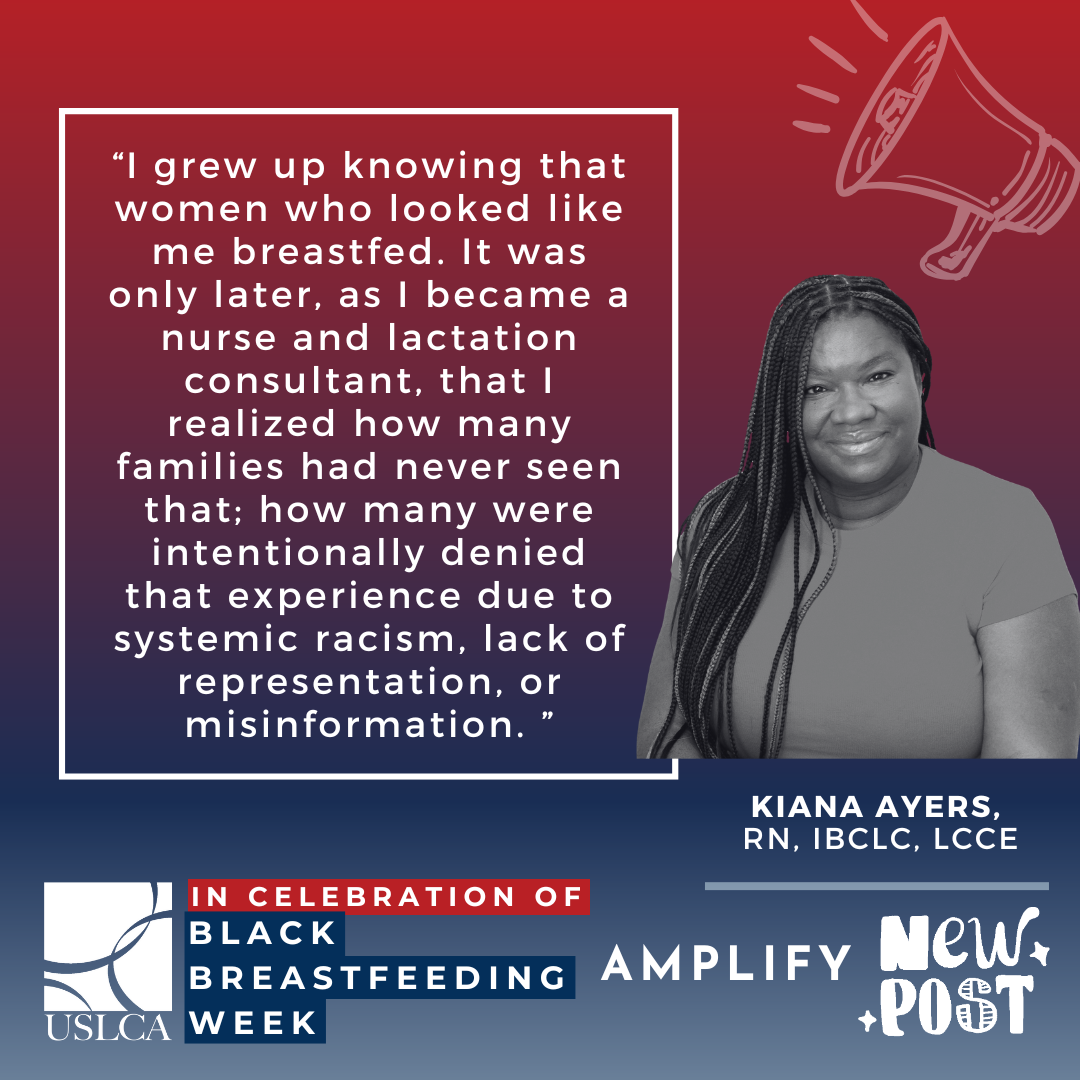Trauma Informed Lactation Care
By: Beckie Walker MSN, CNM, IBCLC
 What is trauma?
What is trauma?
Trauma is an emotional response to a terrible event. Trauma isn’t always trauma with a capital T like a natural disaster, a mass shooting, or war violence; although those are very real, valid traumatic experiences. Trauma can be witnessing abuse of a parent, living in poverty, experiencing housing insecurity and hunger, experiencing racist macro or micro aggressions in society or facing interpersonal violence. Additionally, people can experience medical trauma as a patient diagnosed with a childhood illness and/or chronic illness, inadvertent violence by a health care provider during an exam, procedure, or childbirth, or even poor interactions with lactation professionals that leave lasting impressions. Trauma is complex, multi-layered, and shows up in many ways in our lives. It is important to try to understand trauma as well as practice with harm-reduction and trauma-informed care at the forefront of each patient interaction.
How does trauma impact lactation and feeding?
As mentioned previously, trauma shows up in many ways in our lives. Because of this, the impact of lactation and feeding can vary based on each individual person’s understanding of their trauma, whether they have processed the trauma they carry with them and the quality of their mental health. Additionally, patients’ social supports directly impact their perception of lactation success and ability to troubleshoot feeding issues. Psychosocial stressors increase serum cortisol levels in all people however in pregnant and lactating people, this can be detrimental to milk supply and milk expression. A study has shown that parents who have experienced adverse childhood experiences (ACE) have higher rates of initially providing human milk to their babies however their ability to provide human milk long term at three (3) months, six (6) months, and one (1) year is significantly less than parents who have not experienced an ACE (Watson, et al. 2021).
What is trauma-informed care?
Trauma-informed care shifts the focus from “What is wrong with you?” to “What happened to you?”. As health care providers, it is extremely important to lead each patient encounter with empathy and understanding to empower patients to reach their lactation goals while keeping in mind that this may be a challenging time due to previous adverse childhood experience(s) and/or trauma. As lactation professionals, time with our patients can be limited and prevent us from delving into each patients’ ACE and trauma histories, however leading with the assumption that everyone has likely experienced some type of trauma in their lives can significantly impact the way we provide empathetic, trauma-informed care. We can actively avoid re-traumatization, perhaps debrief the relationship between their past traumas and current ability to feed their baby and provide an opportunity to heal their wounds by establishing and experiencing positive attachment to their child.
How does providing trauma informed care influence lactation and feeding success?
When we provide trauma-informed care to our patients, this can empower parents to utilize their feeding experiences to rewire their brain to form positive attachments, re-condition their comfort level with physical touch, and increase serum oxytocin levels which counteracts serum cortisol levels. Not only will this help the lactating person, this can also impact their infant’s ability to form strong, meaningful, trustworthy relationships both as a child and as an adult. There is a strong relationship between the birthing/lactating parents trauma history, birth experience, lactation experience, and the generational cycle of wellness and health. Lactation and feeding experiences have a large impact on parents’ perception of their ability to nourish their child and we can play a pivotal role in ensuring their experience is empowering, healing, and inspiring.
References:
Watson, C., Wei, J., Varnado, N., Rios, N., Flanagan, T., Alabaster, A., Staunton, M., Sterling, S. A., Gunderson, E. P., Young-Wollf, K. C., (2021). Adverse Childhood Experiences and Early and Continued Breastfeeding: Findings in an integrated health care delivery system. Journal of Women’s Health 30(3) 367-376. https://doi.org/10.1089/jwh.2020.8697
Do you have questions on how to effectively provide trauma-informed care in your practice? Join us for an insightful Live Webinar on Trauma-Informed Care for Healthcare Professionals with Beckie Walker, MSN, CNM, IBCLC, on March 25th from 12PM-1PM EST. Don’t miss this opportunity to dive deeper and enhance your skills in this critical area of patient care!
About the Author:
Rebecca (Beckie) Walker MSN CNM IBCLC has been a Registered Nurse and International Board Certified Lactation Consultant since 2015 after completing her BSN at Drexel University and has worked as a pediatric emergency department nurse at the Children’s Hospital of Philadelphia, a postpartum nurse at the Hospital of the University of Pennsylvania and Virginia Hospital Center and as an IBCLC at Lankenau Medical Center, Virginia Hospital Center and her self-owned private practice BrestFeeding Lactation & Feeding Consultation, LLC. She graduated from Georgetown University’s CNM/WHNP Dual Program in 2022 and currently works as a Certified Nurse Midwife and IBCLC at Reading OBGYN Tower Health Medical Group in Reading PA. Beckie’s hobbies include spending time with her 6 year old daughter, singing gospel music, reading, cooking/baking, traveling and hiking.



